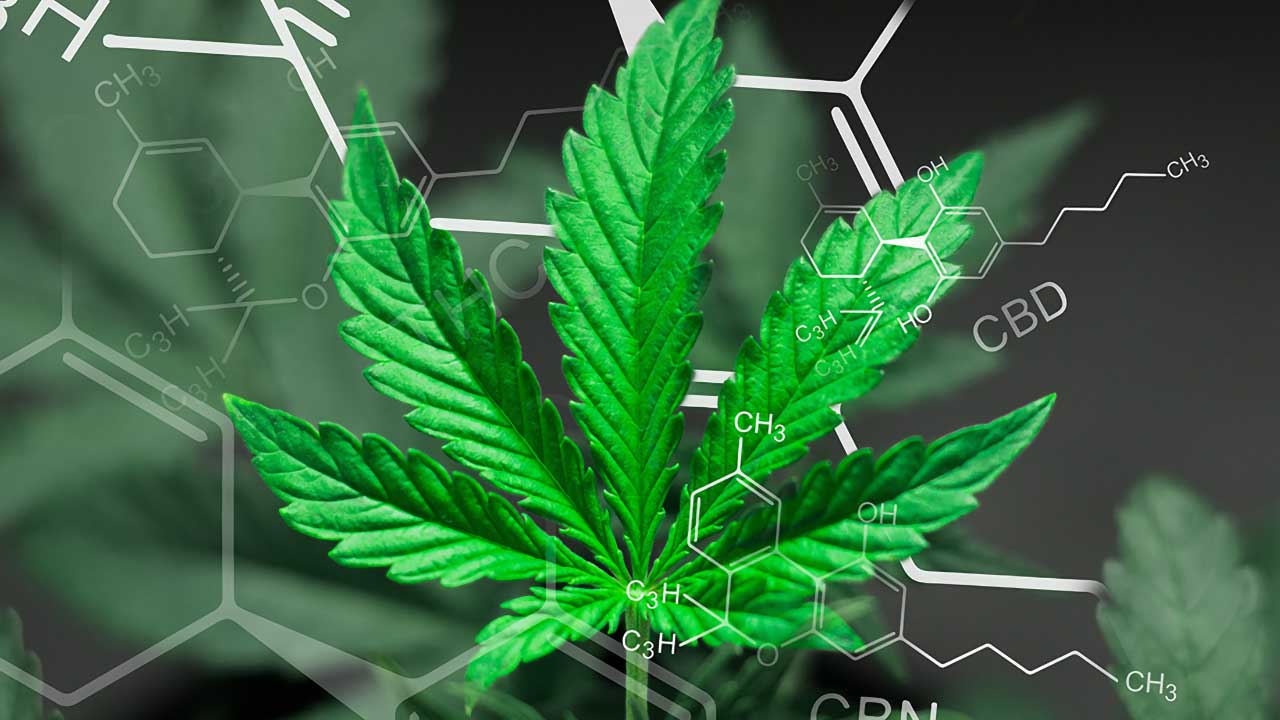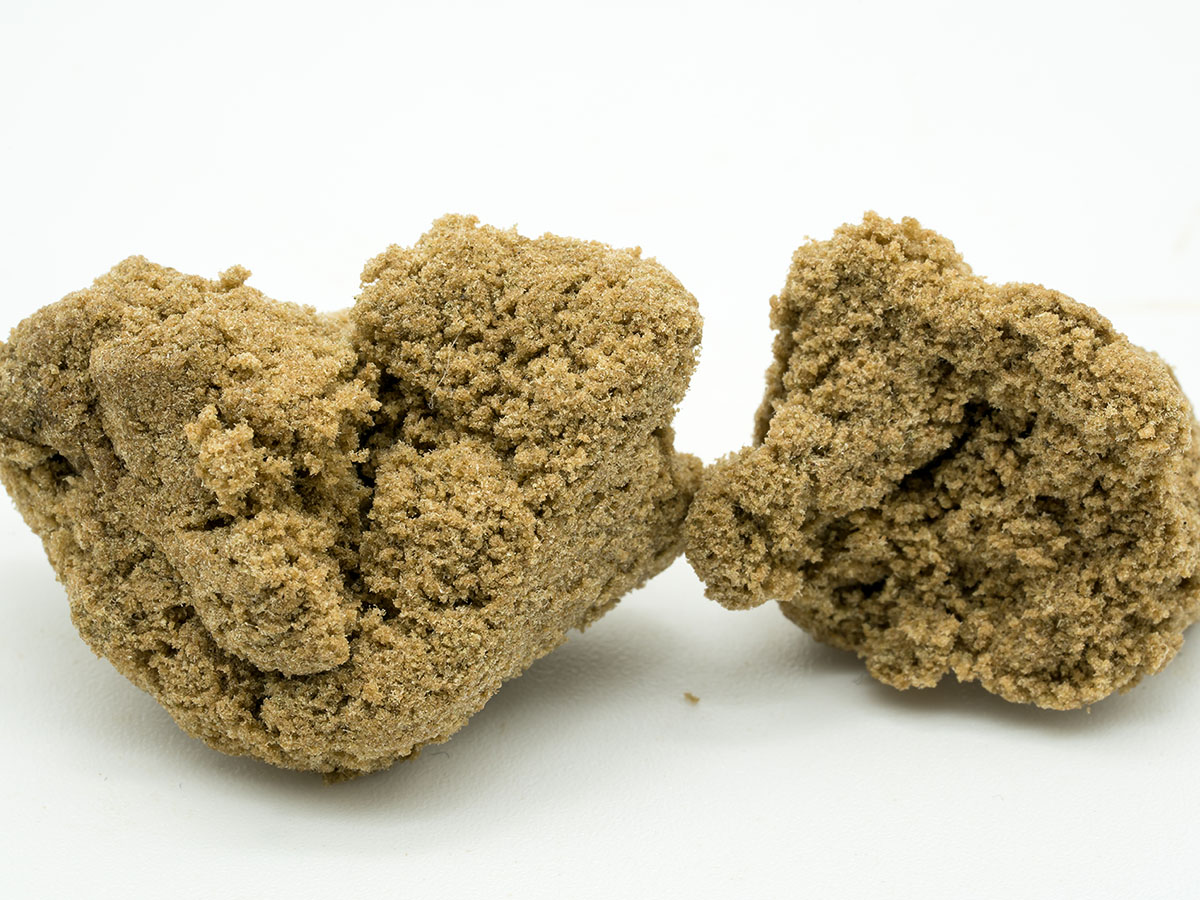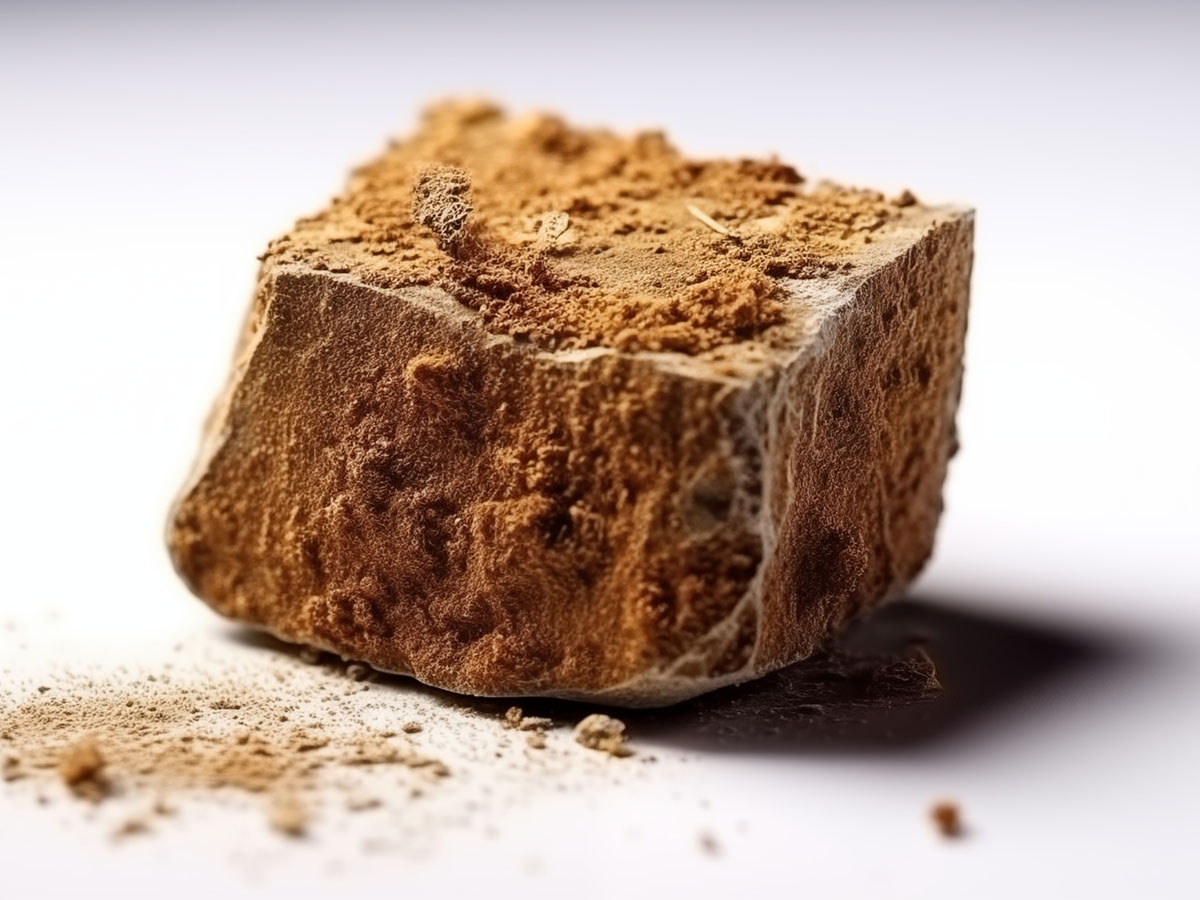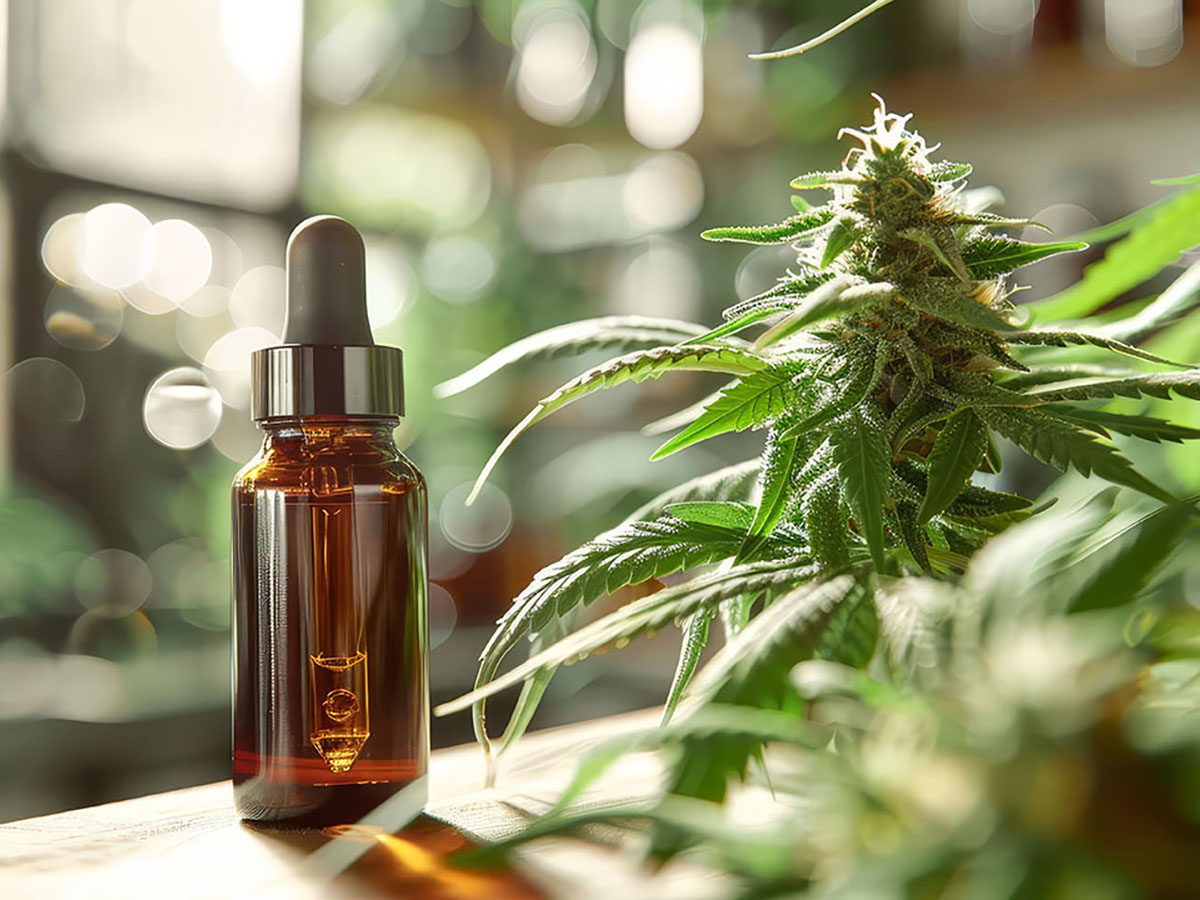
What Are The Different Types of Cannabinoids And What Do They Do?
September 24, 2025
Cannabinoids are one of the key reasons why our locations around the country are so popular among cannabis enthusiasts. Every day, people pop in looking for the experience these little compounds can provide for them. But what actually are they? You probably know THC and CBD, but how do they work? What do they do? What do we know about them? You’ve got questions about cannabinoids, and we’ve got answers—check them out:
What are Cannabinoids?
Cannabinoids are compounds found in cannabis that affect our endocannabinoid system (ECS). The most famous and second most famous cannabinoids you likely have already heard of—THC and CBD—but there are many others that occur naturally in the marijuana plant.
You might be thinking, “wait, go back—what’s an endocannabinoid system?” The ECS is our body’s chemical-based network that keeps us balanced, and it’s everywhere. It’s in our nerves, our brains, our muscle tissue. When we introduce cannabinoids from the marijuana plant, it takes our bodies out of balance in a way that’s unique to each individual. That’s why the way you experience a certain cannabinoid might not be how someone else experiences it. It’s also why researchers are taking a good hard look at cannabinoids to explore any potential therapeutic effects for a variety of conditions.
What Do Cannabinoids Do?
When it comes to what cannabinoids do, there are things we know and things we are still trying to figure out. For example, we know that cannabinoids (specifically THC and CBD though there are over 100 others) bind with CB1 and CB2 receptors in the body. This can create sensations that range from fatigued to energized, depending on the person and their endocannabinoid system. But what if we could use the interaction between our ECS and cannabinoids to our advantage?
That’s exactly what scientists are researching now to better understand if cannabinoids could be a treatment option for certain conditions. Specifically, they want to know if cannabinoids can influence the nervous system for things like pain, anxiety, mood and more. There’s also research being done on the peripheral effects of cannabinoids. CB1 and CB2 receptors are in our skin, bones, gut, and more, so could cannabinoids help with conditions related to those areas of the body?
We don’t know. At least, we don’t know yet. We’re still in the very early stages of our research, but the science is fascinating and worth keeping your eye on.
How are Cannabinoids Used?
Talk to a handful of different cannabis consumers, and there’s a good chance that they’ll each give you a different reason for indulging in cannabinoids. Some people are looking for the psychoactive effects of marijuana. Others were interested in the potential benefits of cannabinoids like CBD. Still, others are searching for a full-spectrum product to create the entourage effect, so they can better understand how cannabinoids feel in their body.
There are also researchers studying cannabinoid use to help with certain functions in the body, like memory, inflammation, and more. If cannabinoids can be tied to these functions, it’s possible they could be used for future treatment options. Right now, CBD is the only cannabinoid that’s earned the FDA’s stamp of approval in a treatment for severe forms of epilepsy called Lennox-Gastaut syndrome and Dravet syndrome. We hope to see that change as more research comes out about cannabinoids and their effects in the body.
What are Synthetic Cannabinoids?
There are three types of cannabinoids: phytocannabinoids, endocannabinoids, and synthetic cannabinoids. Phytocannabinoids are made by plants, endocannabinoids are made in the human body, and synthetic cannabinoids are made in a lab.
Synthetic cannabinoids (sometimes called synthetic marijuana, “fake weed,” K2, or Spice) are marketed as mind-altering substances that replicate the experience of natural phytocannabinoids found in plants. Manufacturers will even spray synthetic cannabinoids onto plant material in order to create a “cannabis-like” experience. This misleads people into thinking it’s a legal form of cannabis that will produce the same results as their favorite strain—but that couldn’t be further from the truth. In fact, synthetic cannabinoids are unpredictable, unregulated, and ultimately, unsafe. There have even been deaths associated with synthetic cannabinoid use.
While the federal government (along with many state governments) have banned synthetic marijuana, it is still produced and sold around the country. To ensure you never encounter synthetic cannabinoids, you should always purchase and consume your own marijuana from a licensed dispensary.
Answering Cannabinoid FAQs
Cannabinoids are some of the most fascinating compounds found in marijuana, so it makes sense we get a lot of questions about them. Here are just some of our frequently asked cannabinoid questions:
How many cannabinoids are there?
There are actually over 100 different cannabinoids found in marijuana, including the ones we’re most familiar with—THC and CBD.
What is the effect of cannabinoids on humans?
The effect of cannabinoids on humans depends on the human. We all have a unique endocannabinoid system that processes cannabinoids differently. Because of this, we can only make generalizations about the effect of certain cannabinoids. For example, we know THC will cause a psychoactive response in the body, but how you experience THC may be very different from how someone else experiences THC.
Is CBD and “cannabinoid” the same?
CBD is a cannabinoid, one of the hundreds that are found in the cannabis plant. Other cannabinoids include THC and CBN.
Is THC a cannabinoid?
Like CBD, THC is one of the many cannabinoids found in cannabis.
What is the most potent cannabinoid?
We’re still doing a lot of research into cannabinoids to really understand them and their effects on our bodies. That said, THC still holds the trophy for being the most potent cannabinoid found in marijuana. It is the #1 contributor to the psychoactive effects you feel when consuming marijuana.
Experience Cannabinoids for Yourself
Curious about cannabinoids? We don’t blame you. If you’re interested in your own cannabinoid experience, view our menu to check out the products we have available and then come on down. Our budtenders can walk you through the products you’re interested in, the prominent cannabinoids in them, and help you make a decision (and maybe find a new favorite product).
Please consume responsibly. This product may cause impairment and may be habit forming. There may be health risks associated with consumption of this product. State laws impact what dispensaries can and can’t sell to recreational customers and medical marijuana patients. Not every type of product, consumption method, dosage form, or potency mentioned on this blog will be permitted in all locations.


